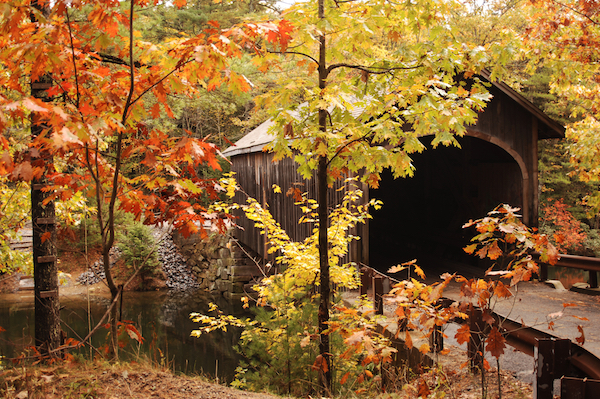Time behaves differently in the Fall. Or at least it does for me.
I spend all Summer dreading the arrival of each long, hot and sunny day, knowing the high temperatures will not only bring me discomfort but the pain of migraines as well. All that cruel light smothers my spirit and all that oppressive heat brings out the grouch.
Summers seem to take forever, which is why I frequently open my Autumn countdown, a bookmarked page that tells me how long I must abide until my favorite season returns. While the counter is set to the equinox, my spirit is simply not willing to wait that long. Come faster! I demand, and my brain persuades itself to reschedule the season’s debut to September 1st.
Visit any shop and you’ll see I’m not alone in my hurry. All of the retailers now display Halloween candy and decor alongside school supplies in August. So by the time the kids are starting classes, I’m in full-on “Holiday Jade” mode, decorating the house in reds and oranges and yellows, digging the vanilla candles out of storage, searching for a new costume and prepping for harvest feasts.
The weather does not always cooperate with my desire. I may be ready for Fall’s appearance at the beginning of September but Summer’s stranglehold has only been strengthened by global warming. That means I’m forced to wait even longer for the temperatures to cool and the leaves to change. It was in the mid-80s last week and that was really harshing my mellow. But then… Canada, oh wonderful Canada, sent a cold front to New England and I was beyond thrilled by this gift.
Even as my excitement grew with the arrival of cooler weather, I was frustrated that half of the season had already passed. Where did the time go? Whoosh! It flew by, as it always does. Summer plods along forever and Autumn rides with the wind.
Over the weekend, M and I took our first leafing trip of the year through the White Mountains. Although the leaves are only beginning to turn here in Manchester, the further north you go, the more bright and stunning the landscape becomes. We drove so far north that we actually passed the foliage’s peak, which meant many of the leaves had already lost their luster and fallen to the ground. As we drove home, it felt a bit like going back through time, rewinding the season to its beginning.
We left the windows wide open through most of Saturday afternoon, letting in the fresh clean air. It was only after the darkness came and the temperatures started to drop into the 30s that we closed the panes. We didn’t turn on the heat, though. We just donned sweaters and snuggled closer; such intimacy is nearly impossible during the hotter months.
With shorter days and less sunlight, I’m sleeping better and longer. Buried beneath flannel sheets and multiple blankets, my unconscious mind allows dreams of fantasy to overrule the more stressful ones about work and the state of the world.
I’m also doing my best to practice hygge. Hot showers and heated towels make getting out of bed worthwhile. Hot black tea is once again pleasurable to drink. Eating in season means enjoying fresh apple cider donuts and pumpkin pies. Cats are more likely to cuddle and less likely to leave their shedded fur behind. Even my preferred decor of witches, gargoyles and skulls now seems in fashion rather than just weird.
The long nights may feel endless to daywalkers, but to me, they can’t last long enough. It’s as if the very night is revealing its mysteries to me and my brethren. My muse has also returned and she is brimming with ideas.
As I watch the leaves skitter across the back deck, I find myself wishing for the ability to bank time from the warmer months and add it to October. I’d be more than happy to live off those stolen hours.
–Headline quote from Albert Einstein.




